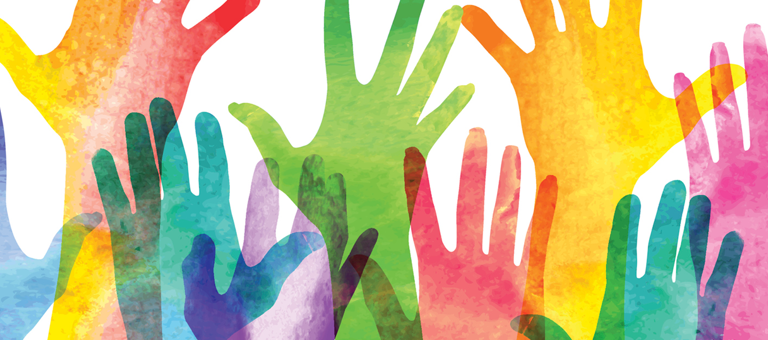
The importance of authenticity at work
29 September 2020
Organisations must cultivate an environment that allows all employees to feel comfortable in being their truest selves at work.
I remember vividly the advice my father gave me before I started the first day of my graduate programme. As we finished taking the boxes from the car into my compact one-bedroom flat, he gave me an awkward hug and said, “You need to work twice as hard as everyone else”, a familiar mantra I had heard throughout my life. However, he then continued, adding something he’d never said to me before; “…and remember, don’t talk about politics, race or religion at work”.
This new piece of information took me somewhat by surprise but as he got in his car to head home, I didn’t stop to question it, I just absorbed the guidance and carried on. Until recently, I had not realised how fully I had adopted that advice and how emphatically it had shaped my workplace persona. For a long time, I had been very cautious about how I engaged on topics like race, religion and politics. Even when the door was opened for me to share my personal experience, I censored myself; believing anything I revealed would result in me being labelled ‘disruptive’. Examples of me operating in this inauthentic manner are plentiful. As a practising Muslim, I refrained from asking for a replacement to alcohol awarded to me at a team event, for fear it would be perceived as unappreciative. As a person of colour, I did not mention to a line manager that I suffered racist abuse whilst out of town on a project, concerned it would appear I was being hyperbolic and lacking maturity. This way of operating is exhausting but unfortunately is quite common. A recent article from Harvard Business School suggests that those who find themselves in the minority within an organisation believe ‘opening up’ impacts their acclimation and professional trajectory. Efforts to shield personal traits have been made even more challenging of late, with the Covid-19 pandemic drastically changing what it means to be ‘at work’. With increased working from home, the juggling of work and personal personas can become an overwhelming task.
All of this means that now, more than ever, it is critical that organisations dedicate efforts to help workers be their most authentic selves at work. Employees need to be given opportunities to integrate their identity within the organisation, rather than being encouraged to totally assimilate. Whilst not a simple task, four key areas of focus developed by Dr. Mary-Frances Winters from The Centre of Global Inclusion could help catalyse change:
Exposure: simply increasing the frequency with which you discuss diversity and inclusion-issues in a structured, meaningful manner will help employees feel more comfortable about engaging. One option might be to run regular team discussions on how the company is performing against diversity and inclusion objectives
Interactions: by increasing dialog between groups of people that might typically not speak with each other, companies can help individuals lessen biases that embolden inauthentic behaviour. A good example is reverse-mentoring which facilitates discussions between junior team members and leadership
Education: rather than compliance-style training that takes agency away from individuals, research has shown voluntary education driven through dialog with experienced facilitators is most likely to drive change in day-to-day behaviour
Empathy: advocating for empathy as a skill (exemplified by leadership in the organisation) can facilitate mutual understanding and encourage individuals to bring their most authentic self to work
Being ‘blind’ to the things that make us different is no longer an acceptable Diversity & Inclusion strategy in the workplace; for some this has been clear for some time. However, others like myself, have only just started to feel comfortable about highlighting their differences along with the related challenges. For complete authenticity to be a reality in the workplace, organisations must be intentional about getting individuals out of their comfort zone and helping them connect and truly listen to others who are different.
Visit our website for more information about Baringa’s approach to diversity and inclusion.
About the author(s):
Sameer Mohammed is a Senior Manager at Baringa and co-lead of the company’s Ethnic Diversity Network
Is digital and AI delivering what your business needs?
Digital and AI can solve your toughest challenges and elevate your business performance. But success isn’t always straightforward. Where can you unlock opportunity? And what does it take to set the foundation for lasting success?